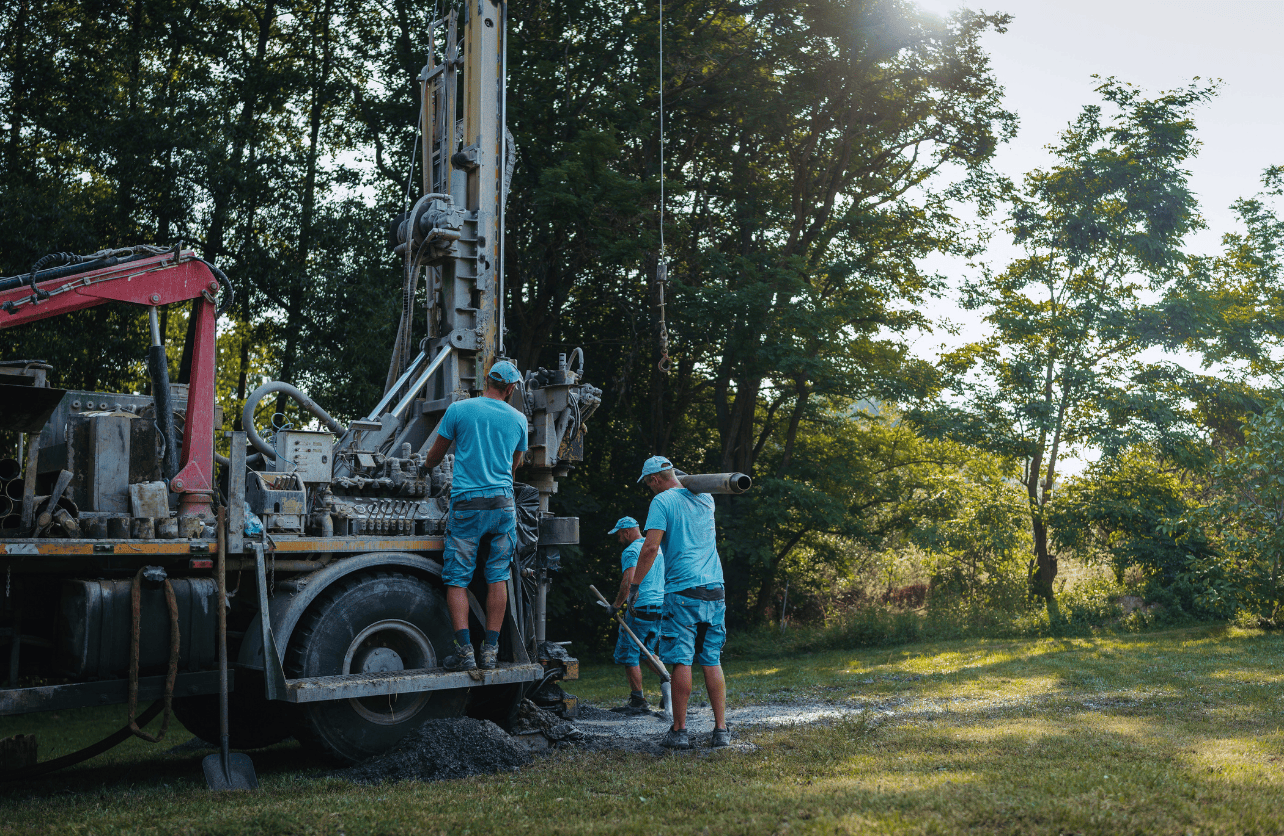How Much Does It Cost to Drill a Water Well? A Comprehensive Guide

Drilling a water well can be an excellent investment, providing a reliable, long-term water source for your home, farm, or property. However, the cost of drilling a well can vary widely depending on factors like depth, location, and the equipment needed. This guide breaks down the costs and considerations so you can make an informed decision.
Average Costs for Drilling a Water Well
The cost to drill a water well typically ranges between $15 and $30 per foot. For a standard well depth of around 150 feet, you can expect to pay anywhere from $3,750 to $15,300, depending on additional components and regional factors.
Key Factors That Influence Well Drilling Costs
Depth of the Well
The deeper the well, the more labor, time, and materials are required, which directly increases costs. Shallow wells (50-100 feet) are generally less expensive, while deeper wells (200 feet or more) can cost significantly more.
Geological Conditions
The type of soil and rock in your area plays a major role in drilling costs. For example:
- Soft Soil: Easier to drill and less costly.
- Hard Rock or Rocky Terrain: Requires specialized equipment and more time, leading to higher expenses.
Casing Material
The well casing, which protects the water supply from contamination, comes in different materials:
- PVC Casing: Durable and cost-effective, but not as strong as steel.
- Steel Casing: More expensive but offers better durability and long-term reliability.
Additional Components
Drilling the well is just the beginning. Other components can add to the total cost:
- Pump System: Essential for bringing water to the surface, with costs ranging from $500 to $2,000.
- Pressure Tank: Ensures steady water pressure, costing between $1,200 and $2,400.
- Electrical Wiring: Needed to power the pump, typically costing $50 to $150.
Permits and Regulations
Local governments often require permits for well drilling, with fees ranging from $500 to $3,000. These costs can vary based on your location and the specific regulations in your area.
Water Quality Testing
Testing your water for contaminants is essential for safety and compliance. While this is often a separate expense, it’s a critical part of the process.
Cost Breakdown Example for a 150-Foot Well
Here’s a breakdown of the costs for a typical 150-foot water well:
- Drilling: $2,250 to $4,500
- Well Casing: $630 to $2,400
- Pump System: $500 to $2,000
- Pressure Tank: $1,200 to $2,400
- Electrical Wiring: $50 to $150
- Permits: $500 to $3,000
Estimated Total Cost: $5,130 to $12,450
Regional Variations in Cost
Well drilling costs can vary significantly by region due to differences in labor rates, material costs, and geological conditions. Rural areas may have lower labor costs, while urban areas or regions with rocky terrain may see higher prices.
Pros and Cons of Drilling a Water Well
Pros:
- Provides a reliable, independent water source.
- Can reduce water utility bills over time.
- Adds value to your property.
Cons:
- High initial installation cost.
- Requires regular maintenance and potential repair costs.
- Subject to local permitting and regulatory requirements.
Tips for Reducing Well Drilling Costs
- Get Multiple Quotes: Compare estimates from several drilling contractors to ensure competitive pricing.
- Know Your Soil Type: Understanding the geology of your property can help you anticipate costs.
- Choose the Right Casing Material: Balance cost and durability to select the best option for your needs.
- Bundle Services: Some contractors offer discounts if you combine drilling with pump installation or other services.
Maintaining Your Water Well
Once your well is installed, proper maintenance is key to its longevity:
- Schedule regular inspections to ensure the pump and pressure tank are working correctly.
- Test water quality periodically to prevent contamination.
- Keep the area around the well clean and clear of debris.
Final Thoughts
Drilling a water well is a significant investment, with costs typically ranging from $3,750 to $15,300 for a standard 150-foot installation. While the upfront expense may seem steep, a well can provide decades of reliable water and potentially save money in the long run.
By understanding the factors that affect drilling costs and working with experienced professionals, you can ensure a smooth and successful installation. Whether for a residential property, farm, or vacation home, a water well can be a game-changer for water access and independence.